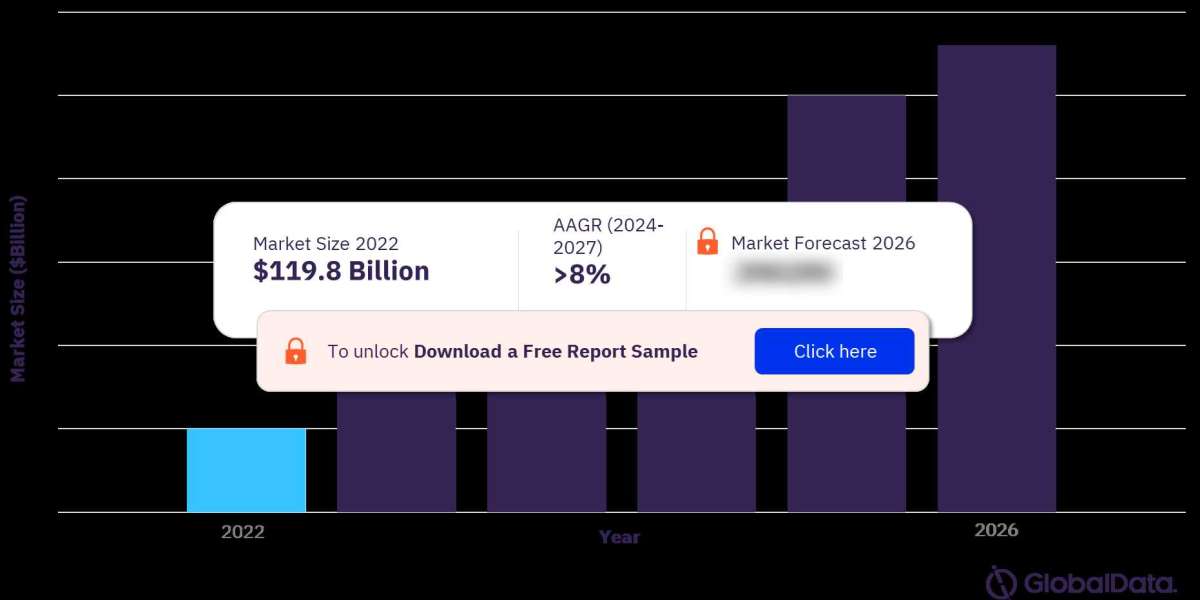The journey of payments in the UAE has witnessed a remarkable evolution over the years. Traditionally reliant on cash transactions, the country has progressively embraced electronic payment methods. This shift has been catalyzed by various factors including government initiatives to promote financial inclusion, the proliferation of smartphones, and the growing appetite for convenience among consumers.
The UAE's payments infrastructure is characterized by a comprehensive network of banks, financial institutions, and payment service providers. Major players such as Emirates NBD, First Abu Dhabi Bank, and Abu Dhabi Commercial Bank have played pivotal roles in shaping the landscape through their innovative offerings and strategic partnerships.
Credit and Debit Cards: Credit and debit cards form the backbone of the UAE's payments ecosystem, offering consumers a convenient and secure means to transact both domestically and internationally. From basic ATM cards to premium credit cards with exclusive perks, banks in the UAE cater to a wide spectrum of consumer needs and preferences.
The popularity of credit cards in the UAE cards and payments market can be attributed to various factors such as a high standard of living, a culture of luxury consumption, and a significant expatriate population. Premium credit cards often come bundled with benefits such as airport lounge access, travel insurance, and cashback rewards, catering to the discerning tastes of affluent consumers.
Debit cards, on the other hand, are widely used for everyday transactions such as shopping, dining, and bill payments. The convenience of debit cards, coupled with the widespread acceptance of electronic payments across retail outlets, has contributed to their popularity among UAE residents.
Digital Payments and E-Wallets: The rise of digital payments has ushered in a new era of convenience and innovation in the UAE. Mobile wallets and digital payment platforms have gained significant traction, offering consumers seamless and contactless payment experiences.
Leading the digital payment revolution are platforms such as Apple Pay, Google Pay, and Samsung Pay, which allow users to make payments using their smartphones or wearable devices. These platforms leverage near field communication (NFC) technology to enable secure transactions at point-of-sale terminals, eliminating the need for physical cards.
Additionally, homegrown e-wallets like Beam, Etisalat Wallet, and Emirates NBD Pay offer a range of services including peer-to-peer transfers, bill payments, and online purchases. These e-wallets are gaining popularity among tech-savvy consumers and are driving the adoption of digital payments in the UAE.
Regulatory Landscape and Future Outlook: The UAE's regulatory framework plays a crucial role in shaping the cards and payments market, ensuring consumer protection, fostering innovation, and maintaining financial stability. The Central Bank of the UAE (CBUAE) oversees the regulation of payment systems and electronic money issuers, providing a conducive environment for the growth of the industry.
Looking ahead, the UAE cards and payments market is poised for further growth and innovation. The proliferation of digital technologies, the advent of blockchain and cryptocurrency, and the emergence of new players in the fintech space are expected to reshape the industry landscape. Moreover, the ongoing efforts to enhance financial literacy and promote digital adoption are likely to drive increased penetration of electronic payments across the UAE.
To gain more information on the UAE cards and payments market forecast, download a free report sample








